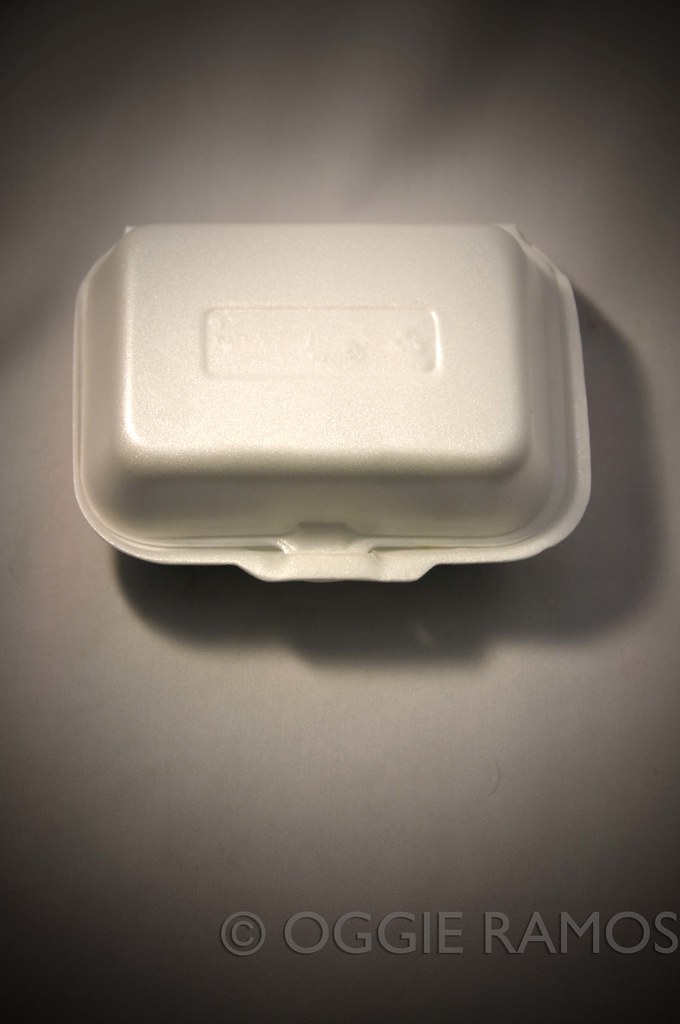Lagalog gives way to a timely and relevant post from a sponsor.
Upon return to the U.S. many international travelers are shocked to discover that food items they've brought back are prohibited to enter the country. In one year alone U.S. customs officials can confiscate more than 4000 items from various travelers if the tourism industry is booming. That's a lot of food, which could range from a $2.00 candy apple to a $150.00 cut of cured salami. Therefore it's obvious that American travelers know what they can and can't bring back from their travels to consume.
Upon return to the U.S. many international travelers are shocked to discover that food items they've brought back are prohibited to enter the country. In one year alone U.S. customs officials can confiscate more than 4000 items from various travelers if the tourism industry is booming. That's a lot of food, which could range from a $2.00 candy apple to a $150.00 cut of cured salami. Therefore it's obvious that American travelers know what they can and can't bring back from their travels to consume.
If it's wet, it better be bottled
Everybody wants to bring back a bottle of wine or some other liquor native to the destination. This is for the most part acceptable. Products with high alcohol content pose virtually no risk of contamination and are therefore safe to bring into the states.
Problems arise when moist or liquid products have no guarantee of being devoid of pestilent life. Water is simply the most advantageous breeding ground for virtually any microorganism, so things such as fresh drippy cheeses and raw vegetables tend to be rejected by customs agents.
Meat and other expensive foodstuffs aren't worth the risk
Cured meat can seem like a tantalizing gift for a loved one back home, but laws are incredibly strict regarding bringing foreign meats into the U.S. Whether it's a vacation in France or a journey through southwest Asia there's countless temptations to purchase exotic foods that are oftentimes completely prohibited. Unless you're certain a particularly pricey food item can be brought back, it's best to avoid buying it.
This means if you're serious about foreign food and bringing some back you need to investigate the Customs and Border Patrol website that covers the dos and don'ts of bringing edibles into the country. In addition to researching what is and isn't acceptable before you go, you need to understand that in the event that you suspect you've brought illegal items back with you, you need to notify the right authorities as soon as possible. Fines for getting caught bringing prohibited food into the country can be as high as $10,000 depending on what kind of food you were trying to bring back.
Play it safe, and either do the appropriate research or forgo expensive food purchases when traveling abroad. You certainly don't want to try and beat the system. Customs and Border Patrol takes their jobs very seriously. If you wish to bring back food from the places you've visited, then you should take the task seriously too.

